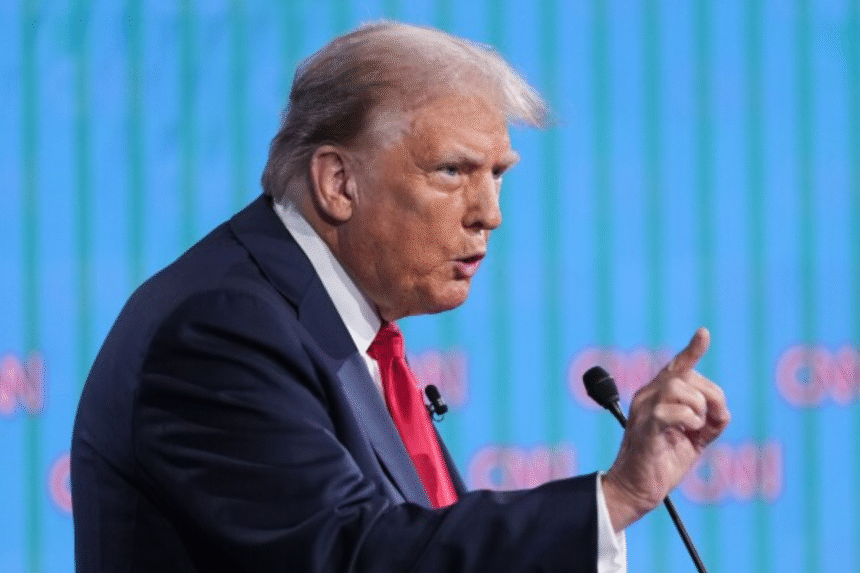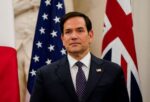President Donald Trump has announced plans to issue a $2,000 check to every American citizen, claiming that the funds will come from revenue collected through trade tariffs imposed during his administration. The announcement was made via Trump’s social media platform, Truth Social, where he also criticized opponents of his tariff policies as “fools.”
Key Details of Trump’s Proposal:
- $2,000 Dividend for Most Americans: Trump said the checks would be distributed to all citizens except high-income individuals, although he did not specify the income threshold for exclusion.
- Funding Source: The President claims that the U.S. has accumulated trillions of dollars from tariffs, which would also be used to reduce the national debt, currently at $37 trillion.
- Revenue Estimates: According to the Committee for a Responsible Federal Budget, $151 billion in tariff revenue was collected from April to October 2025, with Treasury Secretary Scott Bessent projecting at least $500 billion annually.
Legal and International Challenges:
Trump’s promise comes as the Supreme Court reviews the legality of his emergency powers used to impose tariffs on nearly all countries, including allies. If the Court rules the tariffs unlawful, the fate of the proposed $2,000 checks would be uncertain.
The tariffs have also provoked strong international backlash, especially from Canada, Mexico, the EU, and China. Last month, Trump raised tariffs on Canadian goods by 10% in response to an Ontario ad criticizing tariffs, which he called a “hostile act.” Currently, Canadian imports not exempted under the USMCA face tariffs of up to 35%, while steel and aluminum can reach 50%.
After a tense meeting with Chinese President Xi Jinping in late October, Trump announced a 10% reduction in Chinese tariffs, citing Beijing’s commitment to curb the flow of synthetic opioids into the U.S.
Critical Analysis:
While presented as a direct financial benefit to American citizens, Trump’s proposal is highly controversial and legally uncertain. Experts warn that relying on tariff revenues as a dividend source is risky, particularly given ongoing Supreme Court scrutiny and potential international trade retaliation. Moreover, the plan appears politically motivated, serving to bolster support ahead of elections rather than reflect sound fiscal policy.
Conclusion:
Trump’s $2,000 check proposal highlights a pattern of high-stakes political maneuvering, with uncertain legal and economic consequences. Without Supreme Court approval or international cooperation, the initiative may remain symbolic rather than actionable, while potentially escalating trade tensions.







